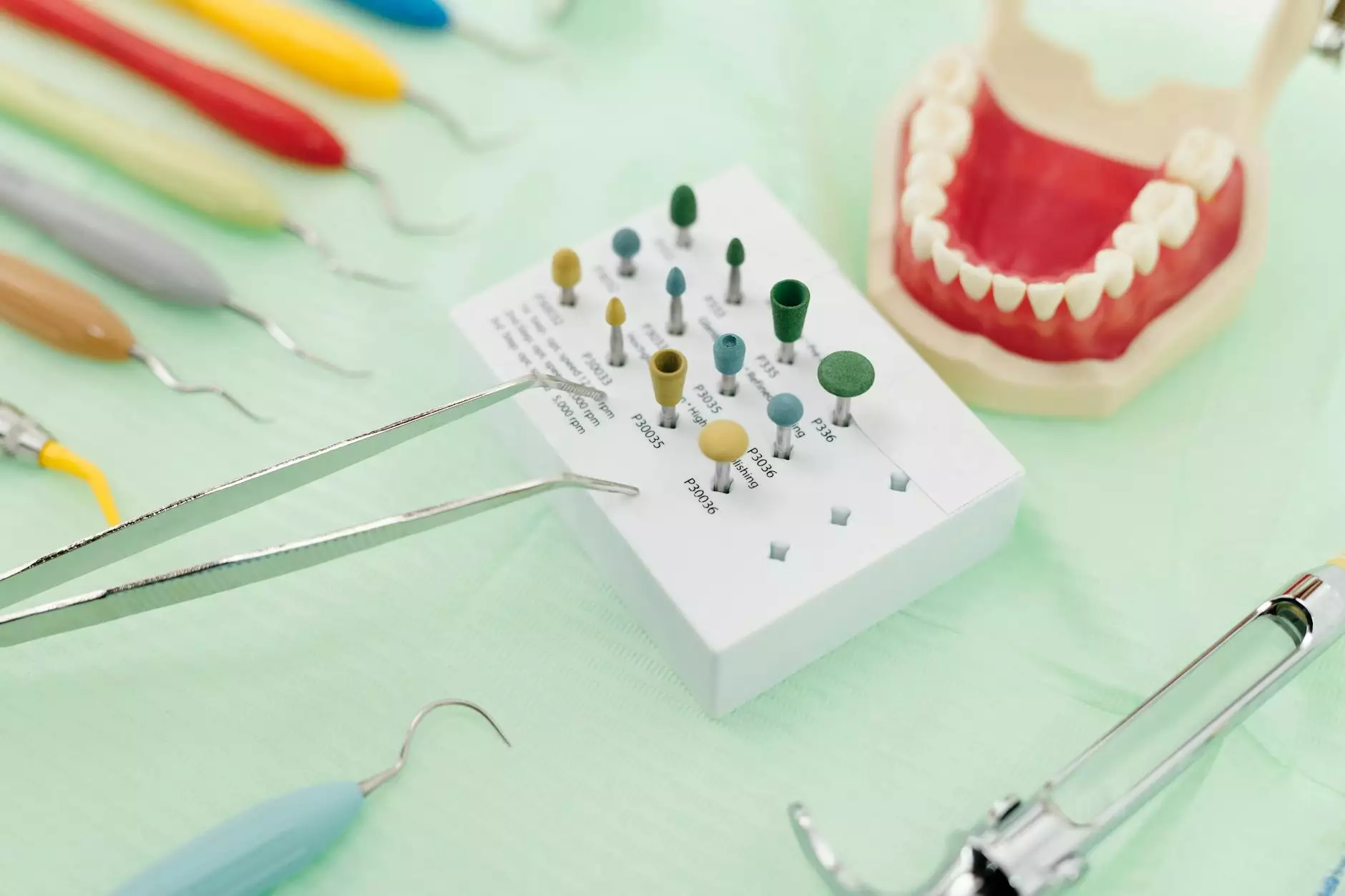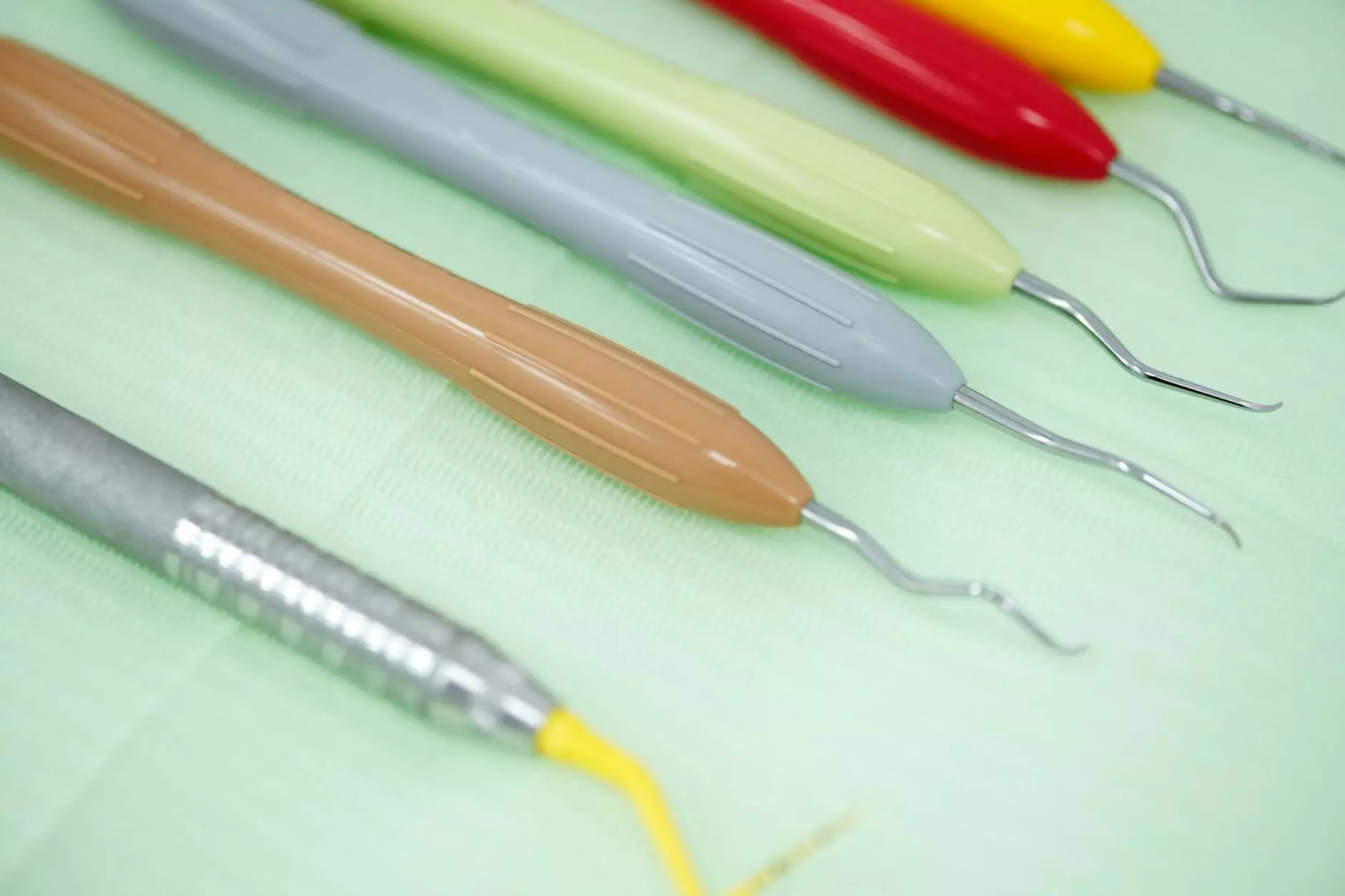Transform Your Life with Breast Reduction

Understanding Breast Reduction
Breast reduction is a surgical procedure aimed at reducing the size and weight of the breasts. It is often sought after by women who experience physical discomfort, emotional distress, or aesthetic concerns due to overly large breasts. This comprehensive guide explores the many aspects surrounding breast reduction, including its benefits, the surgical process, recovery, and essential considerations before opting for the procedure.
The Benefits of Breast Reduction Surgery
Undergoing a breast reduction can lead to numerous positive outcomes. Here are some key benefits:
- Physical Relief: Many women experience back, neck, and shoulder pain due to the weight of their breasts. Reducing breast size can alleviate this discomfort and improve posture.
- Improved Mobility: Smaller breasts can make physical activities easier and more enjoyable, enhancing overall quality of life.
- Enhanced Self-Esteem: Women often feel more confident in their appearance post-surgery, leading to improved mental well-being and social interactions.
- Better Clothing Fit: Finding fashionable and comfortable clothes becomes significantly easier with a more proportionate body shape.
- Reduction in Skin Irritation: Larger breasts can cause skin issues under the breast fold, which can be alleviated with a reduction procedure.
Candidates for Breast Reduction
Not every woman will require or be a candidate for a breast reduction. Various factors influence eligibility, including:
- A strong desire for smaller breasts and a commitment to recovery.
- Physical and emotional issues linked to breast size.
- Age and overall health condition.
- Stable weight and realistic expectations from the surgery.
The Breast Reduction Procedure
The breast reduction surgery typically involves several steps, from the initial consultation to the final follow-up appointments. Here’s what to expect during each stage:
1. Consultation
Your journey begins with a detailed consultation. During this visit, your surgeon will discuss your medical history, specific concerns, and desired outcomes. They will also perform a physical examination and may take measurements to plan the surgery effectively.
2. Pre-Surgery Preparations
To ensure a smooth operation, patients are often advised to:
- Stop smoking to promote better healing.
- Avoid certain medications that can increase bleeding.
- Arrange for a ride home post-surgery.
3. Anesthesia
On the day of the surgery, anesthesia will be administered to ensure comfort during the procedure. Options typically include general anesthesia or local anesthesia with sedation, depending on the complexity of the surgery and the surgeon's recommendations.
4. Surgical Procedure
The procedure itself varies based on the individual's needs but generally involves:
- Making incisions around the areola and down to the breast fold, allowing access to underlying tissue.
- Removing excess breast tissue and skin to achieve the desired size and shape.
- Lifting and reshaping the breast for a more youthful appearance.
- Occasionally repositioning the nipple and areola to ensure a natural look.
5. Recovery
Post-operative recovery is crucial for successful healing. Patients can expect:
- Initial soreness and swelling, which typically subside within a few weeks.
- Wearing a surgical bra to support healing.
- A follow-up appointment to monitor healing and remove stitches.
Post-Surgery Care and Considerations
The success of your breast reduction largely depends on how well you care for yourself after surgery. Here are some essential care tips:
- Follow your surgeon’s guidelines for medication and wound care.
- Limit strenuous activities for several weeks to allow the breasts to heal.
- Maintain a healthy diet to promote healing and overall wellness.
- Keep scheduled follow-up appointments for monitoring recovery.
Potential Risks and Complications
As with any surgical procedure, breast reduction does carry potential risks, including:
- Infection and scarring at the incision sites.
- Changes in breast or nipple sensation.
- Uneven breast size or shape post-surgery.
- Possible need for revision surgery to achieve desired results.
It is essential to discuss these risks thoroughly with your surgeon during the consultation phase.
Choosing the Right Surgeons
Finding a qualified surgeon is vital for a successful breast reduction. Consider the following when selecting a healthcare provider:
- Board certification in plastic surgery.
- Experience and track record with breast reduction procedures.
- Positive patient reviews and testimonials.
- Clear communication about the procedure, risks, and recovery.
Personal Stories of Transformation
Many women share inspiring stories about their experiences with breast reduction. These narratives often highlight not only physical changes but also profound emotional transformations. Here are a few excerpts:
Case Study 1: A 35-year-old woman described feeling liberated after her surgery, expressing that it allowed her to engage in active hobbies she had previously avoided due to physical discomfort.
Case Study 2: Another woman recounted how her self-image improved dramatically, leading her to pursue new career opportunities and relationships. She emphasized the importance of embracing her body and making choices that aligned with her well-being.
Costs of Breast Reduction Surgery
The cost of breast reduction surgery can vary significantly based on various factors, including:
- The surgeon’s experience and qualifications.
- The facility where the surgery is performed.
- Geographic location and associated costs of living.
- Whether the procedure is covered by health insurance, which often depends on the medical necessity.
It's essential to discuss costs during the consultation and understand any financial assistance options available.
Conclusion: Embrace the Change
In conclusion, breast reduction is a transformative procedure that can dramatically enhance quality of life. From physical relief to emotional empowerment, the advantages of surgery can be profound. It is essential for potential candidates to thoroughly research, consult with qualified professionals, and prepare adequately for the journey ahead. By doing so, individuals can embrace the change and step into a life that is more comfortable, confident, and fulfilling.
For more information about breast reduction and to connect with skilled healthcare professionals, visit thewellcome.com.









